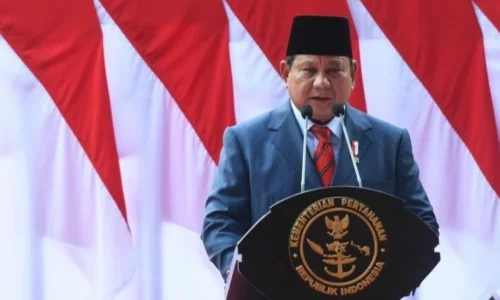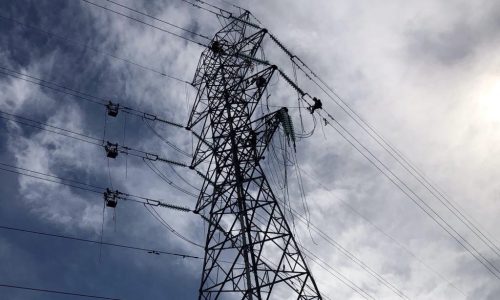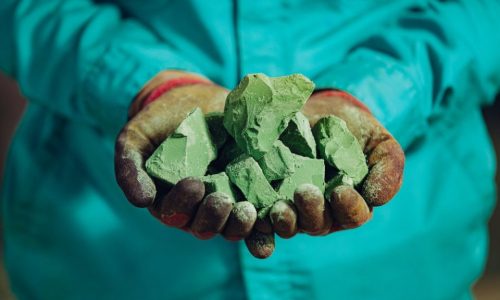Indonesia is making significant strides toward developing nuclear power as part of its long-term energy strategy, with regulatory studies and preparations for Nuclear Power Plants (PLTN) establishment underway.
Secretary-General of the National Energy Council (DEN), Djoko Siswanto, said that the government is currently focusing on creating a solid regulatory framework for nuclear energy. This includes the National Energy Policy Draft Regulation (RPP KEN) and the draft Bill on New and Renewable Energy (RUU EBET), which are under discussion in the House of Representatives (DPR) and are expected to be finalized soon.
“The goal is to begin construction by 2032. Currently, all parties involved are working on the necessary studies and preparations. The initial phase will target 250 megawatts of capacity, with the potential to double that amount,” Djoko said on Tuesday, December 10, 2024.
He cited that the National Research and Innovation Agency (BRIN) has completed its studies and recommended several potential sites for the nuclear power plants, such as Bangka Belitung and Kalimantan. These site evaluations have already been submitted to the DEN for further review.
The development of nuclear energy is part of Indonesia’s broader strategy to meet its ambitious electricity generation target of 100 gigawatts (GW) over the next 15 years.
This plan was highlighted by Indonesia’s delegation leader, Hashim S. Djojohadikusumo, at the COP 29 summit in Baku, Azerbaijan, in November 2024.
Clean energy
Of the 100 GW target, 75 percent is expected to come from clean energy sources. Nuclear power is set to contribute 5.3 GW, despite ongoing debates about its long-term sustainability.
“While nuclear energy may not be seen as fully sustainable by some, it is undoubtedly clean energy,” Hashim said in his address at COP 29 on November 12, 2024.
As Indonesia moves forward with its nuclear energy plans, the government is positioning nuclear power as a crucial part of its clean energy future, helping to meet the country’s growing energy needs while reducing its carbon footprint.









